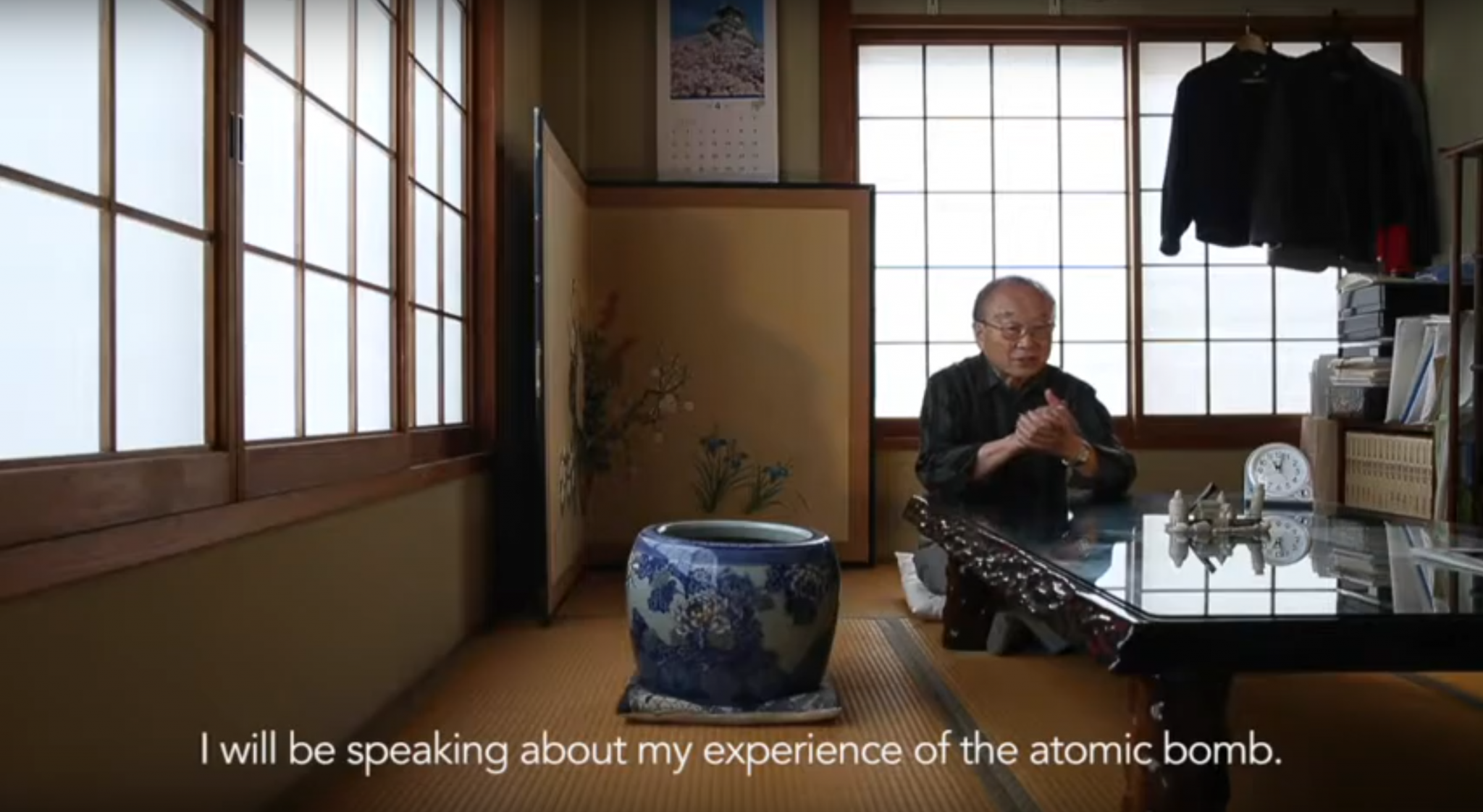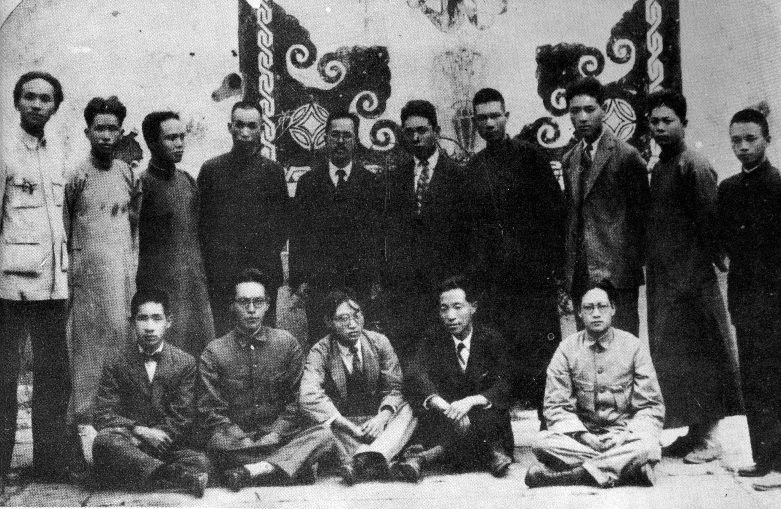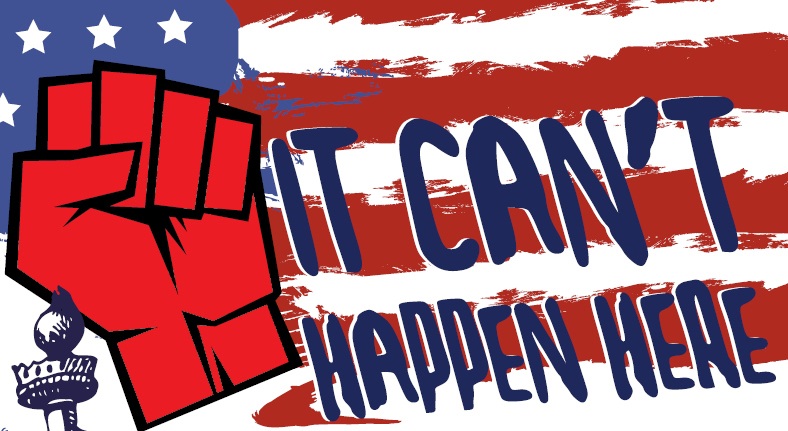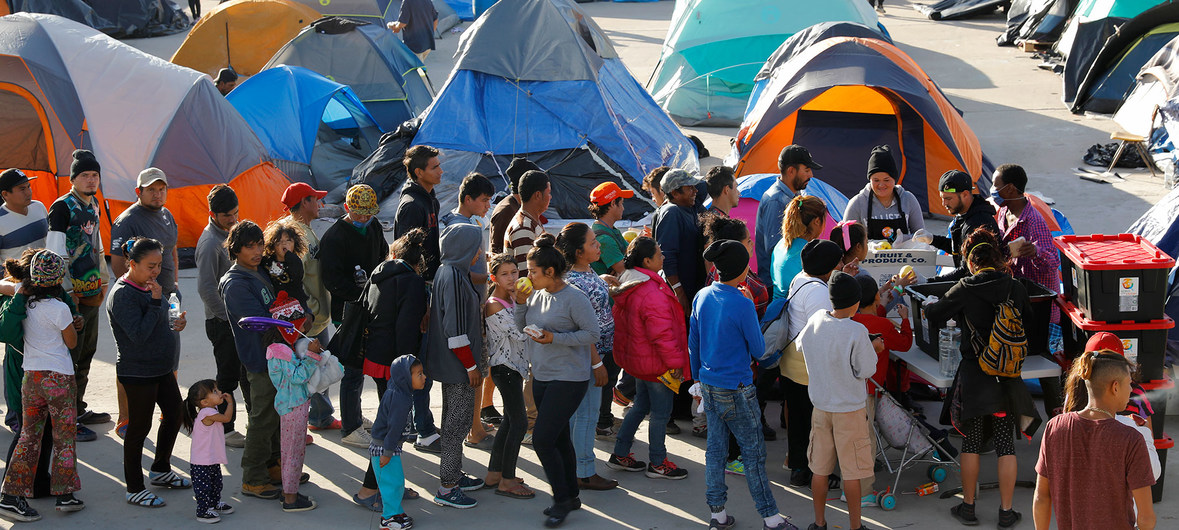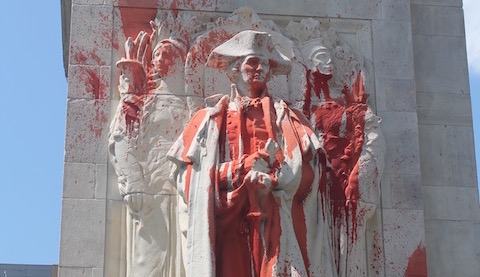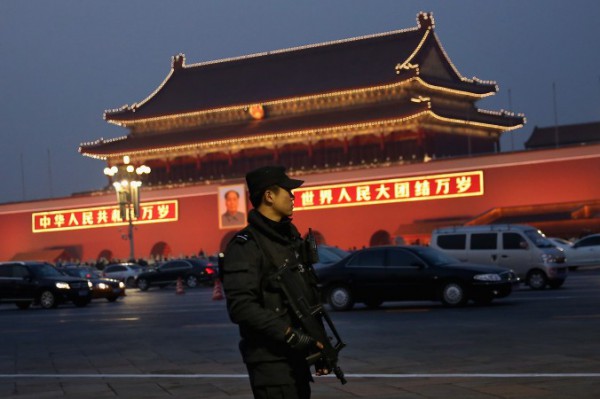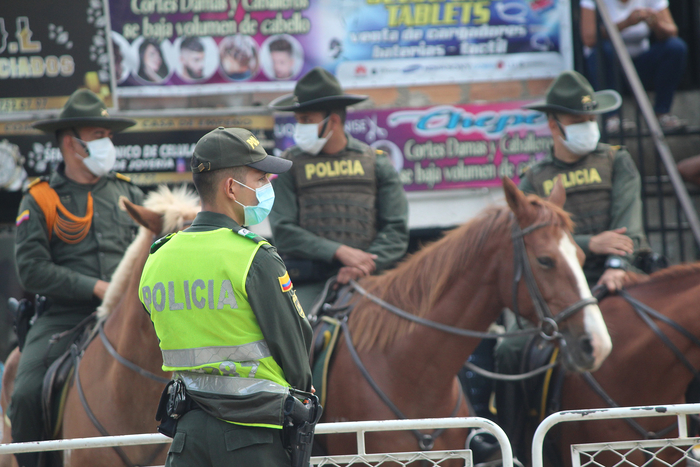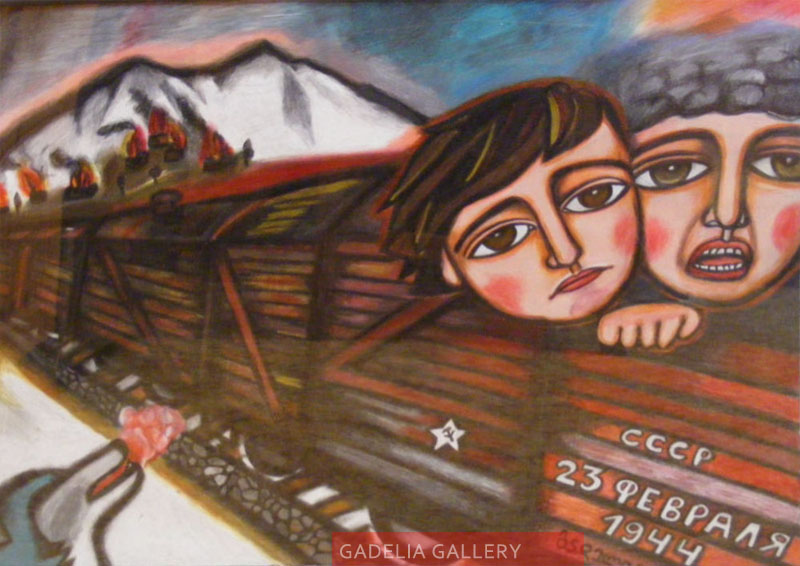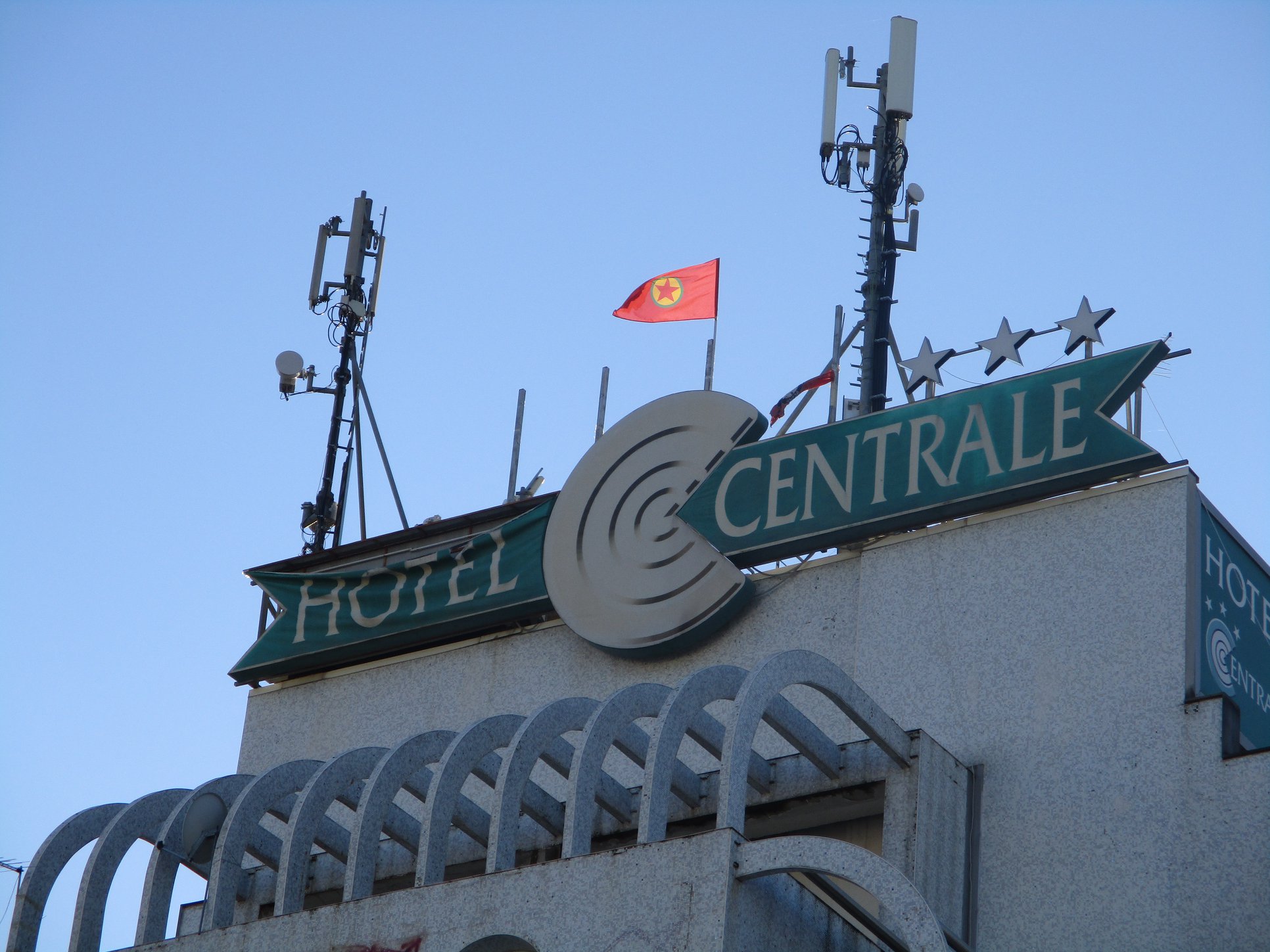
JOURNO-MURDER SURGE IN INDIA
In an industry already hard hit by the COVID-19 pandemic, India’s media this year also saw an alarming increase in the slaying of journalists. As 2020 approaches its end, India emerges as one of the most dangerous countries in the world for working journalists—second only to Mexico. While Mexico has seen 12 journo-murders this year, the world’s largest democracy has registered 12. Local journalists reporting on land-grabbing and illegal resource exploitation have been especially targeted. Writing from Assam in India’s conflicted northeast, Nava Thakuria provides an overview of the grim national toll.
Continue ReadingJOURNO-MURDER SURGE IN INDIA


